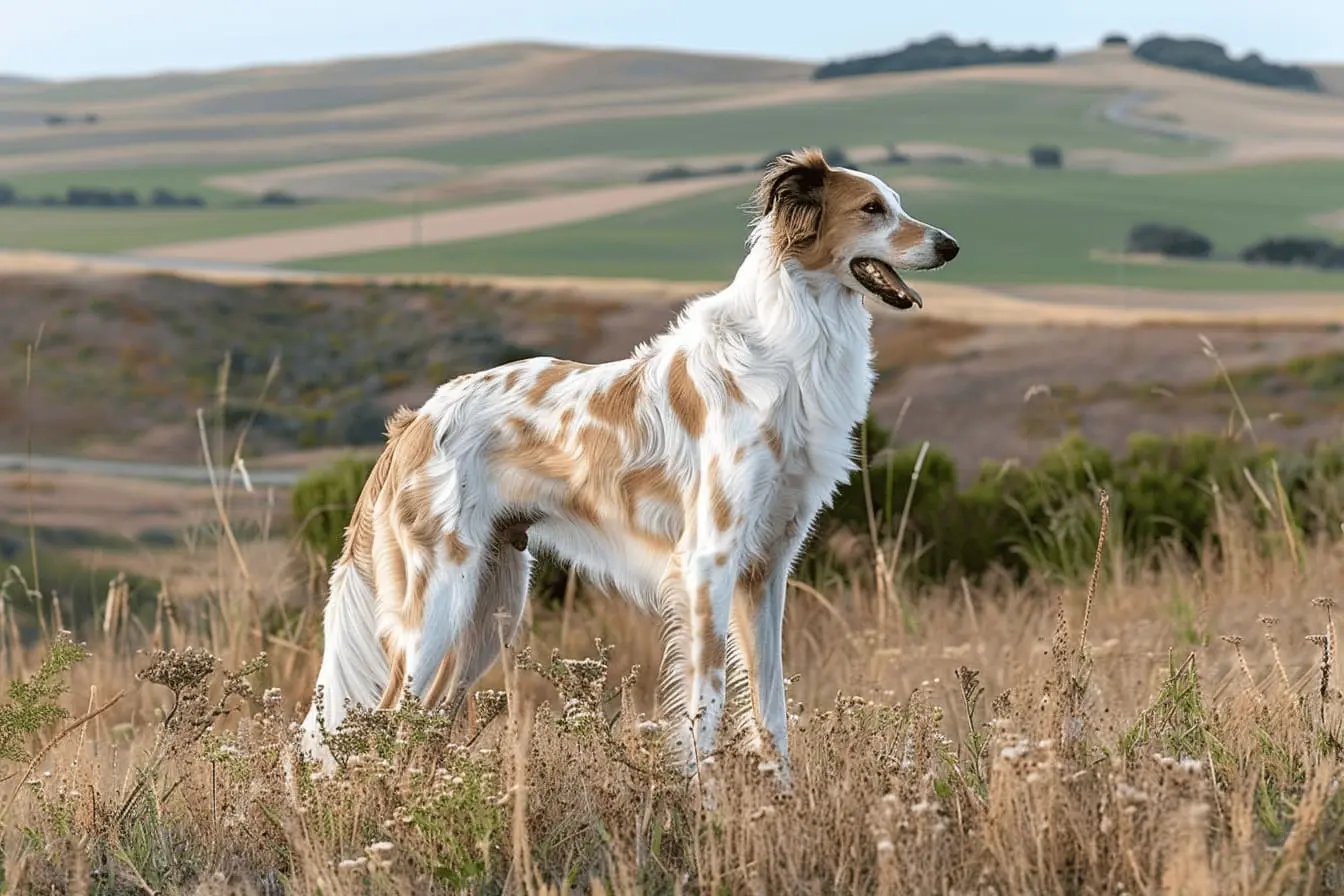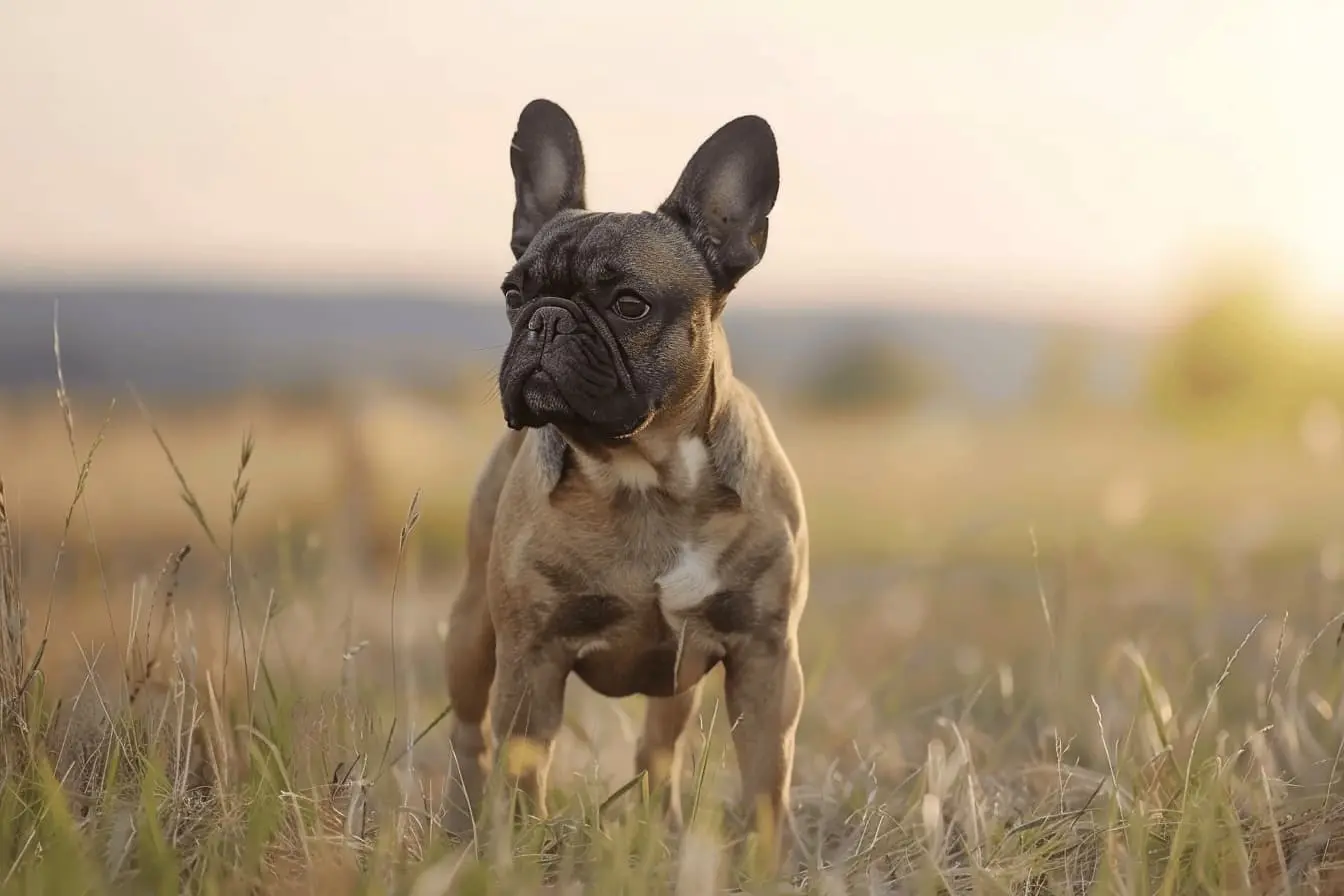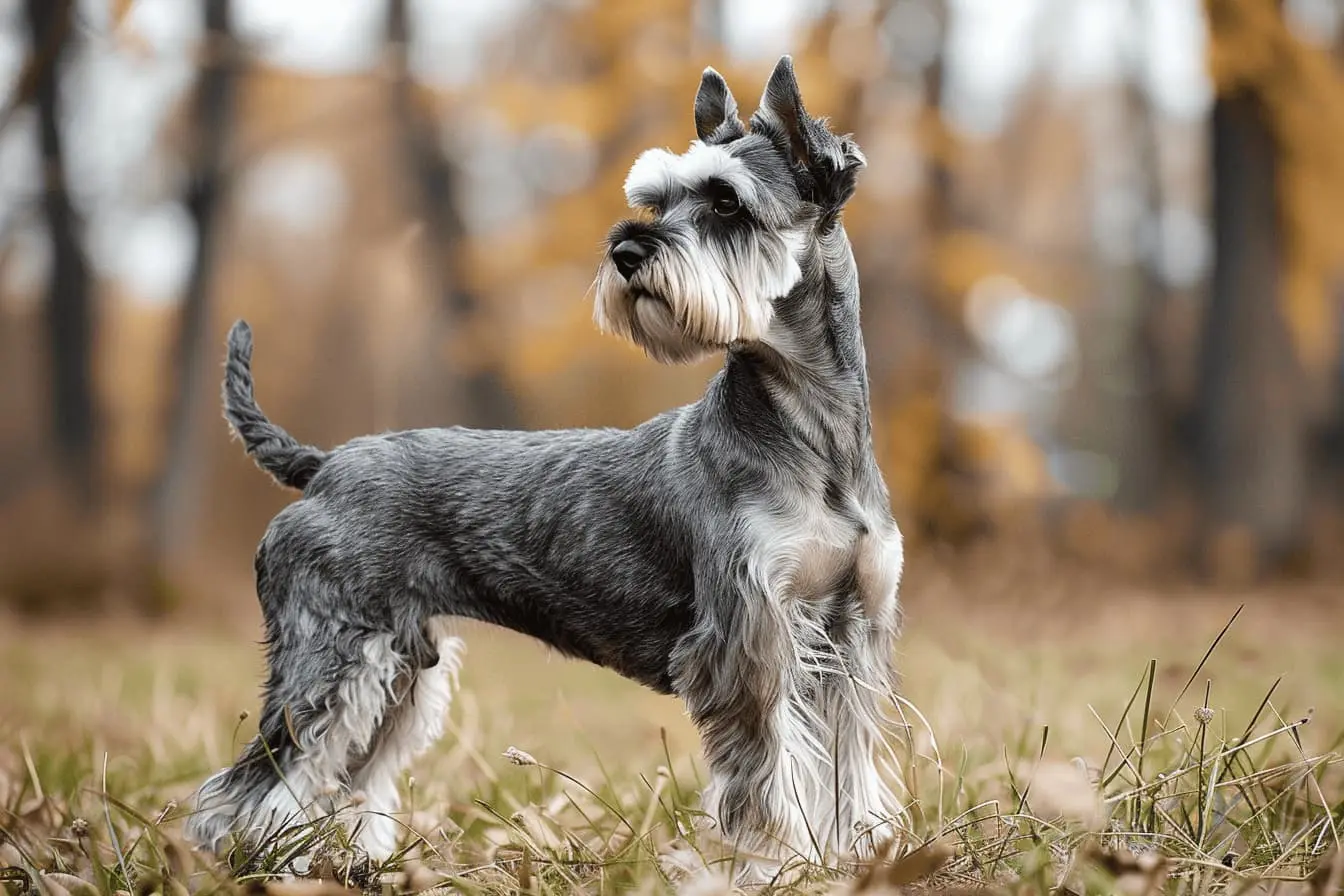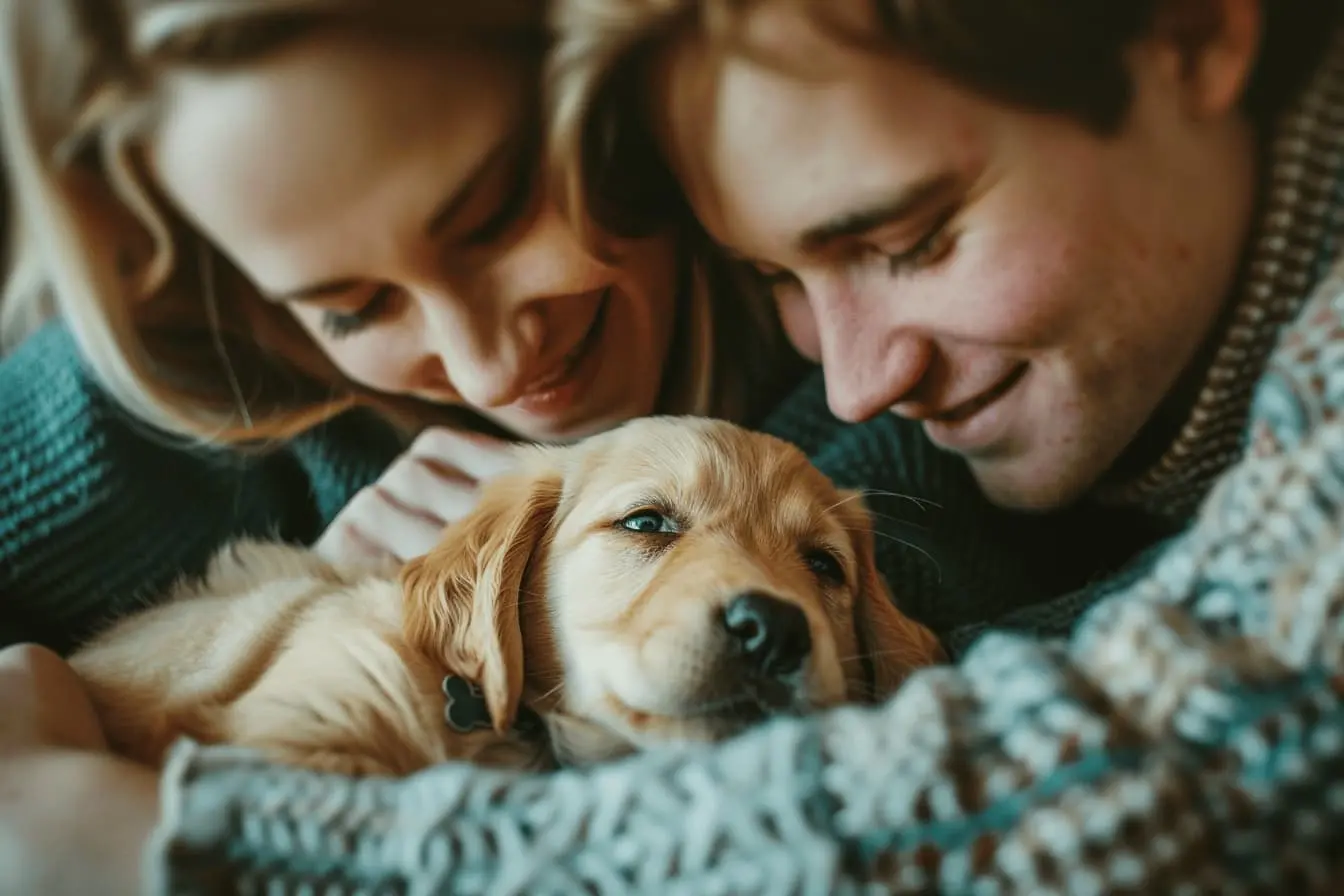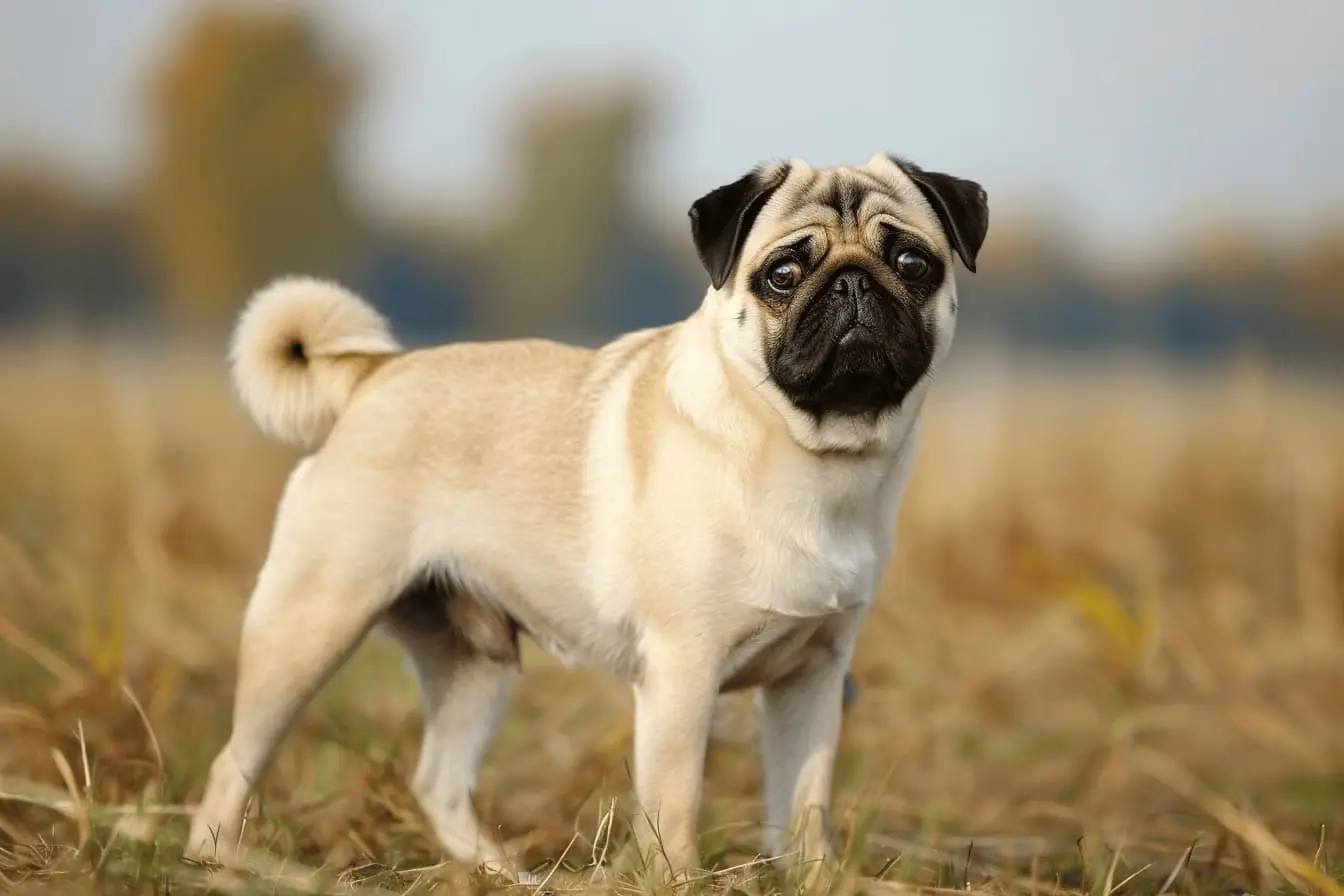
The Pug: A Loyal Companion with a Heartwarming Charm
The Pug, with its distinctive squished face, expressive eyes, and compact frame, is a breed that embodies endearing charm and steadfast loyalty. Known for their playful yet dignified demeanour, Pugs have been cherished companions throughout history, adorning the laps of royalty and warming the homes of families worldwide. If you're contemplating adding a Pug to your family, understanding the breed's specific needs, characteristics, and temperament is essential. This comprehensive guide will provide you with everything you need to know about owning a Pug.
Breed Overview
Originating from China over a thousand years ago, Pugs were bred to be companions to Chinese emperors and their families. This ancient breed is characterised by its loving nature, compact size, and unique appearance, making it a popular choice among dog lovers seeking a devoted and affectionate pet.
Physical Characteristics
- Size: Pugs are small dogs, typically weighing between 6 to 8 kg and standing about 10 to 13 inches at the shoulder. Their compact size makes them adaptable to various living situations.
- Coat and Colour: They have a short, smooth coat that comes in colours such as fawn, black, silver, and apricot. Their coat is low maintenance but does shed.
- Lifespan: The average lifespan of a Pug is around 13-15 years, with many living longer with proper care.
Personality and Temperament
Pugs are known for their sociable, cheerful, and loving disposition. They thrive on human companionship and are known to follow their owners around, always seeking attention and affection. Despite their small size, Pugs have a big personality, often displaying a mix of playfulness and dignity.
They are excellent with children and other pets, making them great family dogs. Pugs are also known for their sense of humor and can be quite the entertainers, bringing laughter and joy to their families.
Exercise and Training
Pugs have moderate exercise needs. Short walks and play sessions are sufficient to keep them healthy and happy. Due to their brachycephalic (flat-faced) nature, they are prone to breathing difficulties, especially in hot or humid weather, so it's important to monitor their activity and ensure they don't overexert themselves.
Training a Pug can be both rewarding and challenging. They are intelligent and can learn quickly but can also be stubborn. Consistency, patience, and positive reinforcement are key to successful training. Early socialisation is important to help them develop into well-rounded adults.
Health and Care
Pugs are generally healthy but can be prone to certain health issues, including brachycephalic syndrome, obesity, hip dysplasia, and skin infections in their facial wrinkles. Regular veterinary check-ups, a balanced diet, and proper grooming are vital for their well-being.
Their facial wrinkles need regular cleaning to prevent dirt buildup and infection. Their nails should be trimmed regularly, and their coat requires occasional brushing to manage shedding.
Living with a Pug
Pugs are adaptable and can thrive in various environments, from flats to homes with gardens. They are indoor dogs who enjoy being part of the family's daily activities and should not be left outside for extended periods.
Their charming and affectionate nature makes them excellent companions for social activities, but their small size and breathing difficulties require protection from extreme weather and rough play.
Is the Pug Right for You?
If you're looking for a loyal, affectionate companion with a playful personality and are prepared to meet their exercise, grooming, and health needs, the Pug may be the perfect breed for you. They are well-suited for individuals, couples, and families looking for a devoted and loving pet that enjoys being an integral part of the household.
However, if you prefer a more independent breed or are not prepared for the potential health issues associated with brachycephalic breeds, a Pug might not be the best match for your lifestyle.
Conclusion
The Pug is a breed that offers unwavering loyalty, companionship, and joy. With the right care, environment, and commitment to their needs, a Pug can become an irreplaceable member of your family, enriching your life with their unique charm and affectionate nature. Whether participating in family activities, cuddling on the couch, or simply bringing a smile to your face with their playful antics, a Pug brings love and laughter to every moment.
Vets near you
Speciality vets
- Aquatics vet specialists
- Birds vet specialists
- Camelids vet specialists
- Cats vet specialists
- Cattle vet specialists
- Deer vet specialists
- Dogs vet specialists
- Equines vet specialists
- Exotic vet specialists
- Goats vet specialists
- Pigs vet specialists
- Poultry vet specialists
- Sheep vet specialists
- Small Mammals vet specialists
- Wild vet specialists
Vet facilities
- Accessible by public transport
- Blood testing
- Car park nearby
- Client car park
- Dentistry
- Diagnostic imaging
- Disabled public access
- Flea and worm treatments
- Microchipping
- Mobile services
- Neutering
- Open at weekends
- Out-of-hours service
- Referral interests
- Referrals only
- Street parking outside
- Toilets available
- Vaccinations
